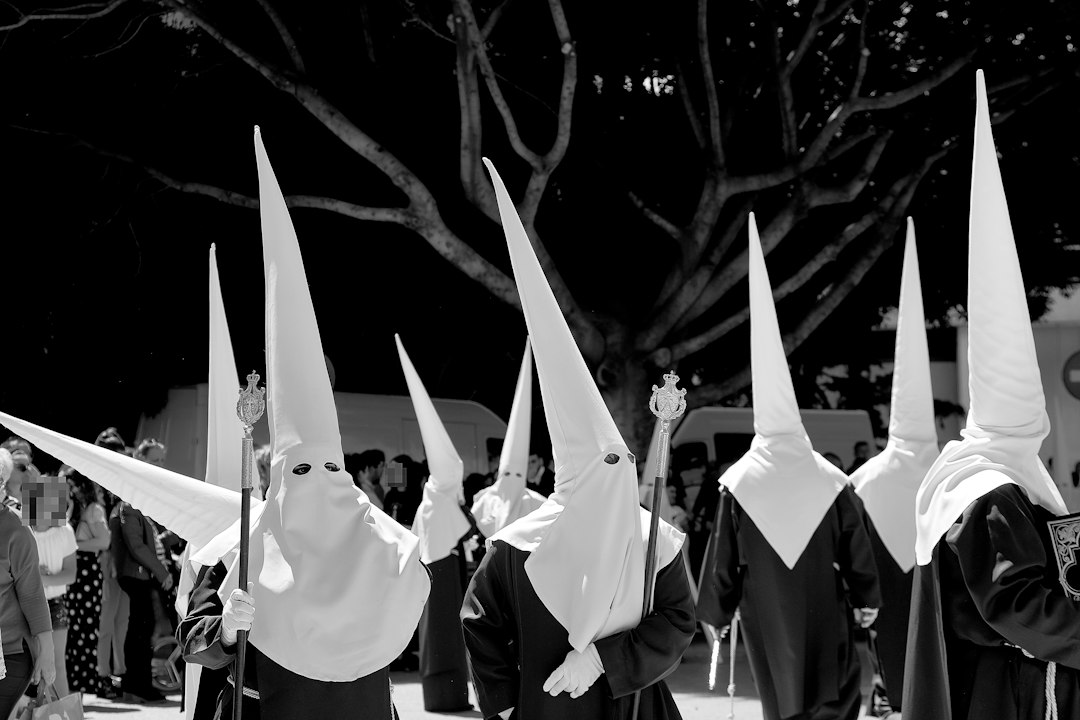Title: The Influence of Religion on Gender Roles and Equality
Introduction:
Religion has long played a significant role in shaping societies and guiding the belief systems of individuals. One area where religion is often deeply entrenched is the concept of gender roles and equality. Throughout history, various religious ideologies have influenced and shaped societal norms when it comes to the roles of men and women. In this blog post, we will explore how religion has impacted gender roles and equality, examining both the positive and negative aspects of religious influence.
Historical Influence of Religion on Gender Roles:
Religion has been a primary contributor to the establishment of gender roles throughout history. Across different religious traditions, texts, and teachings, specific roles and expectations have been prescribed for both men and women. For example, in many conservative interpretations of Christianity, men are often seen as the breadwinners and heads of households, while women are portrayed as caregivers and homemakers. Similarly, many Islamic societies have traditionally upheld male dominance and control, often restricting the rights and freedoms of women.
Positive Aspects of Religious Influence:
Despite some negative repercussions, religion has also played a positive role in shaping gender roles and promoting equality. Many religious scriptures speak to the inherent worth and dignity of all individuals, regardless of gender. Ethical codes and teachings present within religious texts have often advocated for justice, compassion, and respect for one another. These moral teachings can serve as a foundation for promoting gender equality and challenging harmful gender norms that may be rooted in cultural practices rather than religious doctrine.
Religious Movements for Gender Equality:
Throughout history, religious movements have emerged to challenge traditional gender roles and advocate for equality. For instance, various Christian feminist movements have aimed to reinterpret biblical texts to challenge patriarchal interpretations and promote equal rights for women. Similarly, within Islam, there is an ongoing movement to reinterpret the Quran and Hadith to challenge outdated gender norms and promote women’s rights. These religious movements show that religion itself is not inherently oppressive to gender equality but can be a source of resistance and advocacy.
Negative Impacts of Religious Influence:
Religion’s influence on gender roles has not always been positive, as it often perpetuates harmful stereotypes and reinforces gender inequality. The use of religious doctrine to limit women’s rights, justify gender-based violence, or restrict women’s participation in various spheres of life is prevalent in many societies. Additionally, religious institutions have historically held leadership positions predominantly occupied by men, which in turn has reinforced patriarchal systems and fostered gender disparities.
Promoting Progress:
If we aim to achieve gender equality, it is crucial to critically analyze religious interpretations that perpetuate harmful gender roles. Recognizing that religious texts can be interpreted in multiple ways, it is important to encourage new interpretations that challenge outdated notions and promote equality and inclusivity. By engaging in open discussions, fostering dialogue between religious leaders, scholars, and feminist activists, we can work towards a more empowering and inclusive approach to religion and gender equality.
Conclusion:
The impact of religion on gender roles and equality is a complex and multifaceted issue that requires careful examination and discussion. While religion has often perpetuated harmful gender norms, it has also provided a foundation for movements seeking to challenge the status quo and promote equality. By recognizing and celebrating the positive aspects of religious influence, critically analyzing harmful interpretations, and fostering conversations that integrate diverse perspectives, we can work towards a society where religion and gender equality can coexist harmoniously.

